Ant Killer for Yard | Best Ant Killer for Yard: Effective Solutions

Key Takeaways:
- Controlling ants in your yard is essential for maintaining a pest-free environment.
- There are both natural and commercial ant killer options to choose from.
- Different ant killer sprays, granules, and organic treatments can be effective.
- Always prioritize safety when using any ant killer products.
- Regular maintenance and preventive measures can help keep ants at bay.
Understanding Ants in Your Yard
Ants in your yard play an important role in controlling other pests and enriching the soil. However, when they start invading your living spaces or areas where you relax, it's essential to find a balance between coexistence and effective ant control. Thankfully, there are various methods you can use to manage ant populations in your yard, ranging from do-it-yourself remedies to avoiding the use of commercial pesticides.
Controlling ants in your yard doesn't have to be a daunting task. With the right approach, you can keep them at bay while still preserving their beneficial contributions. By understanding their behavior and implementing targeted strategies, you can effectively minimize their intrusion and maintain a harmonious yard environment.
Do-It-Yourself Remedies for Ant Control
When dealing with ants in your yard, do-it-yourself remedies can be a cost-effective and environmentally friendly solution. There are several natural ingredients you can utilize to repel ants and deter them from entering your living spaces. For instance, creating a barrier with soapy water mixed with vegetable or olive oil can help keep ants at bay.
Other do-it-yourself remedies include using cayenne pepper, vinegar, powdered citrus peels, cinnamon, and essential oils like cedarwood, peppermint, orange, tea tree, and vetiver. These natural substances can be applied around ant trails or entry points to discourage their presence.
Avoiding the Use of Commercial Pesticides
While commercial pesticides can be effective in eliminating ants, they often contain chemicals that may have adverse effects on the environment and other beneficial insects. To maintain a healthier ecosystem, you may choose to avoid or minimize the use of commercial pesticides in your yard.
Instead, focus on preventive measures such as removing food sources and sealing entry points to reduce ant attraction. Regularly cleaning up spills and crumbs, storing food properly, and keeping your yard tidy can make it less appealing for ants to forage.
How to Get Rid of Ants in Your Yard
Dealing with an ant infestation in your yard can be a frustrating experience. However, there are effective methods you can use to eliminate these unwanted pests and reclaim your outdoor space.
One highly recommended approach is to use a spray treatment that contains bifenthrin, an active ingredient known for exterminating garden and lawn insects. This powerful insecticide can help eradicate ants and other bothersome insects from your yard.
To apply the spray treatment, start by mowing your lawn completely. This will create a clean surface for the insecticide to reach the ants more effectively. It's best to spray the treatment during the early morning to late afternoon when ants are most active and actively foraging for food sources.
However, it's important to avoid spraying on windy days. Windy conditions can cause the spray to drift, potentially affecting areas where it's not intended and posing risks to beneficial insects and plants. Choose a calm day to ensure the insecticide stays within your target area and effectively eliminates the ants.
Regular monitoring is essential to assess the effectiveness of the treatment. Reapplication may be necessary to address any remaining ant colonies or new infestations that may arise. By staying vigilant and consistently implementing the spray treatment, you can significantly reduce the ant population in your yard.
Remember to follow the instructions on the spray treatment's label for optimal results and your safety. Proper application and precautions will help ensure the efficient elimination of ants without causing harm to yourself, children, pets, or the environment.
Natural Ant Killer for Yard
If you prefer a more natural approach to ant control, there are several options available. By using household ingredients and essential oils, you can repel ants and create a barrier to keep them out of your yard. Here are some effective natural ant killer remedies:
1. Soapy Water and Oil Spray
Mixing soapy water with vegetable, olive, or canola oil creates a powerful outdoor ant repellent. The soap suffocates the ants, while the oil helps the solution stick to their bodies. Spray this mixture directly on ant trails or areas where they enter your yard.
2. Cayenne Pepper and Vinegar
Cayenne pepper and vinegar are both natural ant repellents. Sprinkle cayenne pepper in ant-infested areas or create a solution of equal parts vinegar and water to spray directly on ants and their trails.
3. Citrus Peels and Cinnamon
Powdered citrus peels, such as orange or lemon, can repel ants with their strong scent. Sprinkle the powder around ant mounds or along their trails. Cinnamon is another effective ant deterrent. Sprinkle it in areas where ants are present or create a cinnamon barrier around your yard.
4. Essential Oils
Essential oils like cedarwood, peppermint, tea tree, and vetiver have natural ant-repellent properties. Mix a few drops of these oils with water and spray the solution in areas where ants are a problem. Alternatively, soak cotton balls in the oils and place them near ant trails or entry points.

Using natural ant killer remedies can be an eco-friendly and safe option for controlling ants in your yard. These methods offer an effective way to repel ants without using harsh chemicals. Experiment with different ingredients and find the combination that works best for your specific situation.
- Remember to reapply these natural remedies regularly, especially after rain or watering, as they may wash away.
- Keep in mind that while these natural methods can repel ants, they may not completely eliminate the ant population in your yard.
In the next section, we'll explore the impact ants can have on your lawn and how to address it.
Ants' Impact on Your Lawn
When it comes to maintaining a lush and healthy lawn, ants can pose a significant challenge. These tiny insects, often found scurrying around in grass, can have a negative impact on the overall health and appearance of your yard. Understanding the ways in which ants affect your lawn is crucial in order to take effective measures to mitigate their impact.
Drying Out Soil
One of the primary ways ants can harm your lawn is by drying out the soil. As ants tunnel through the earth, they create pathways that promote water drainage. This can lead to excessive moisture loss in your lawn, causing the soil to dry out more quickly than it should. Dry soil not only affects the health of your grass but also makes it more susceptible to damage from heat and drought.
Damage to Grass Roots
Ants' constant movement in the soil can also cause damage to the roots of your grass. As they tunnel and build their nests, ants can disturb the delicate root system, hindering its ability to absorb water and nutrients effectively. This can result in weak and unhealthy grass, making it more prone to disease, weed invasion, and overall deterioration.
Ant Tunnels and Mounds
The visible signs of ants in grass are often the mounds they create as a result of their tunneling activities. These unsightly mounds not only disrupt the smoothness and beauty of your lawn but also pose obstacles for mowing and other yard maintenance tasks. Additionally, the tunneling itself can weaken the stability of the soil, making it more susceptible to erosion and further damage.
Foraging for Food Sources
Ants are constantly foraging for food sources, and unfortunately, your lawn may provide them with a buffet of tempting options. They can feed on other insects, honeydew produced by aphids, and even plant debris. This foraging behavior can harm your lawn by damaging the leaves, inhibiting healthy growth, and attracting other pests that may cause additional damage.
Now that we understand the potential impact ants can have on your lawn, it's important to take proactive steps to address the issue. In the next section, we'll explore different methods and strategies to effectively control ants and restore the health and beauty of your yard.
Inside the Ant Nest
Ants live in complex social colonies, with various roles and responsibilities. Understanding the structure and dynamics of an ant nest is essential for effective ant control in your yard.
The queen ant is the heart of the colony. She is responsible for laying eggs and starting new nests. As the reproductive powerhouse, the queen ensures the survival and growth of the ant colony.
Worker ants are the backbone of the nest. They maintain and protect the nest, forage for food, and care for the queen and the larvae. These diligent workers are vital for the overall functioning of the colony.
Larvae, often referred to as ant babies, are the future generation of worker ants. They are carefully nurtured in specialized nursery rooms within the nest. Providing the larvae with optimal conditions ensures the colony's continued growth and strength.
Some ant colonies also have specialized drones and soldiers. Drones are male ants whose primary role is to mate with the queen. Soldiers, on the other hand, are larger and have powerful mandibles, defending the nest from threats.
Ant nests consist of various chambers and tunnels. Nursery rooms are dedicated to caring for the larvae, ensuring their development and growth. Food storage rooms serve as pantries, storing provisions for the colony's sustenance.
To better visualize the intricate structure of an ant nest, take a look at the image below:
By understanding the workings of an ant nest, you can effectively disrupt their colony and control ant populations in your yard.
Best Ant Killer Products for Yard
When it comes to eliminating ants from your yard, there are several effective ant killer products available on the market. These products offer different strengths and methods of application to help you regain control over your outdoor spaces. Let's take a closer look at some of the best ant killer products for yards:
Syngenta Advion Ant Gel
Syngenta Advion Ant Gel is a popular choice for targeting ants in yards. It is designed to attract and eliminate a variety of ant species, including stubborn and resistant ones. Simply apply the gel bait in areas where ants are present and let the product do its magic.
Temprid Ready to Spray
Temprid Ready to Spray is a convenient and ready-to-use ant killer spray that can effectively eliminate ants in your yard. Its dual-action formula not only kills ants on contact but also provides residual control, ensuring long-lasting effectiveness. Spray it in areas where ants are active to help keep them at bay.
MaxForce Ant Control Liquid Bait
MaxForce Ant Control Liquid Bait offers a reliable solution for ant control in outdoor areas. The bait station design allows for easy placement and application. Simply set up the bait stations in ant-infested areas, and the liquid bait will attract and eliminate ants, including their entire colonies.
Granule Bait
Granule bait is another effective option for controlling ants in your yard. These ant killer granules can be spread around areas where ants are active, and they are typically designed to be attractive to ants, ensuring they are consumed and eliminating the ant population.
Natural Ant Bait
If you prefer a more natural approach to ant control, consider using natural ant bait. These products often contain ingredients like boric acid or diatomaceous earth, which are safe for the environment but deadly to ants. Place the bait in ant-infested areas to lure ants and eradicate their colonies.
Gel Bait
Gel bait is another effective ant killer product for yards. It comes in a convenient syringe-like applicator that allows for precise placement. Apply the gel bait in areas where ants are active, and the sweet attractant in the gel will entice ants and lead to their demise.
Bait Station: AMDRO Ant Block
AMDRO Ant Block is a popular ant killer bait station that offers long-lasting ant control in your yard. The bait station design protects the bait from the elements while allowing ants easy access. Place the bait stations near ant trails or in areas where ants are active, and let the bait do its job.
These are just some of the best ant killer products for yards. Remember to closely follow the instructions on the product labels for application and safety guidelines. With the right ant killer product, you can effectively eliminate ants from your yard and enjoy an ant-free outdoor environment.

Using Ant Killers Safely
While ant killers can effectively eliminate ant populations, it's crucial to prioritize safety when using them in your yard. Taking the necessary precautions will help you avoid any potential risks and ensure a safe environment for yourself, your family, and your pets.
Follow Label Instructions
When using ant killer products, carefully read and follow the instructions provided on the label. The instructions will guide you on the proper dosage, application methods, and any safety measures to be taken.
Avoid Contact with Skin and Eyes
It's important to avoid direct contact with ant killer products to prevent any skin or eye irritation. When applying the ant killer, consider wearing protective gloves, long-sleeved clothing, and safety goggles as a precautionary measure.
Keep Out of Reach of Children and Pets
Store ant killer products in a secure location, out of reach of children and pets. Accidental ingestion or exposure to these substances can be harmful. Keep them in a locked cabinet or high shelf to prevent any mishaps.
Dispose of Containers Properly
Once you've used the ant killer product, dispose of the empty containers responsibly. Check the label for instructions on proper disposal methods. Some products may require rinsing the container before disposal, while others may need to be taken to a designated hazardous waste facility.
Consider Natural Alternatives
If you have concerns about using chemical-based ant killers, consider exploring natural alternatives. There are several homemade remedies and eco-friendly products available that can effectively control ant populations without posing a risk to your health or the environment.
By taking these safety precautions and using ant killers responsibly, you can effectively eliminate ants from your yard while ensuring the well-being of your loved ones. Remember, a balanced approach that combines safety measures and effective ant control methods will lead to a pest-free and safe outdoor environment.
Applying Ant Killers in Your Yard
When it comes to effectively controlling ants in your yard, the proper application of ant killers is essential. By strategically placing ant killers, you can target specific areas of ant activity and prevent ants from entering your yard. Let's explore some key techniques for applying ant killers:
Spot Treatments
Spot treatments are a focused approach to eliminate ants in specific problem areas. Identify locations where ants are most active, such as ant hills or trails, and apply ant killer directly to these spots. This targeted approach allows for maximum impact in the areas where ants are concentrated.
Creating Barriers
To keep ants from entering your yard, creating barriers with ant killer is an effective strategy. Apply the ant killer around the perimeter of your yard, focusing on areas where ants are likely to enter, such as cracks in the pavement or gaps in fences. This creates a barrier that ants are reluctant to cross, helping to protect your yard from infestations.
Perimeter Application
To further safeguard your yard against ants, apply ant killer along the entire perimeter. This helps create a protective boundary that deters ants from entering your property altogether. Be sure to follow the manufacturer's instructions for the recommended application rate and method to ensure optimal results.
Crack and Crevice Treatment
Ants often seek out hidden areas to build their nests, such as cracks in walls or crevices in the ground. By treating these cracks and crevices with ant killer, you can directly address the source of the infestation. Thoroughly apply ant killer to these hidden areas to eradicate ants at their nesting sites.
Remember to always read and follow the instructions provided by the ant killer product manufacturer. This includes using the recommended protective gear and applying the product at the specified intervals. Additionally, keep in mind that certain ant killers may require reapplication to maintain their effectiveness over time.
By applying ant killers using spot treatments, creating barriers, and performing perimeter application and crack and crevice treatments, you can effectively combat ants in your yard. The power is in your hands to regain control and create an ant-free environment for you and your family to enjoy.
Maintaining an Ant-Free Yard
Congratulations on successfully eliminating ants from your yard! Now that you've gotten rid of these pesky pests, it's crucial to implement preventive measures to maintain an ant-free environment. Regular maintenance and good hygiene practices will go a long way in keeping ants at bay. Let's explore some tips and insights on how to maintain an ant-free yard and minimize the risk of future ant problems.
Regular Maintenance and Inspection
Keep your yard well-maintained by regularly mowing the lawn and removing any debris or fallen leaves. Ants are attracted to cluttered areas, so maintaining a clean and tidy yard will discourage them from taking up residence.
Additionally, inspect your yard and the exterior of your home for any signs of ant activity. Look for ant trails, mounds, or nests, and take prompt action if you notice any potential infestations. Early detection can help prevent the spread of ants and the need for more extensive control measures.
Good Hygiene Practices
Ants are attracted to food sources, so practicing good hygiene in your yard is essential. Be mindful of food spills or leftovers from outdoor activities, such as barbecues or picnics. Clean up any food debris promptly and keep trash cans tightly sealed to prevent ants from accessing potential food sources.
Furthermore, if you have bird feeders or pet food dishes in your yard, make sure to regularly clean and remove any spilled food. Ants can quickly be drawn to these areas, so it's important to maintain cleanliness and minimize the availability of food for them.
Removing Food Sources
To maintain an ant-free yard, it's crucial to eliminate any potential food sources that may attract them. This includes properly storing food indoors and sealing it tightly to prevent ants from accessing it.
If you have fruit trees or plants that attract ants, promptly remove fallen fruits or clean up any sap or honeydew secretions that attract them. By depriving ants of their food sources, you'll discourage them from establishing colonies in your yard.
Sealing Entry Points
Ants can enter your yard through small cracks and openings, so it's important to seal potential entry points to prevent their access. Inspect your yard for any gaps in fences, cracks in the foundation, or openings around doors and windows. Seal these entry points using caulk, weatherstripping, or any appropriate sealing materials to keep ants out.
Add an additional layer of protection by applying a barrier of diatomaceous earth or a pest-resistant sealant around the perimeter of your yard. These barriers can create an obstacle for ants and discourage their entry into your yard.
By following these tips and consistently implementing regular maintenance, good hygiene practices, and sealing entry points, you can enjoy an ant-free yard and minimize the risk of future ant problems. Remember, prevention is key to maintaining a pest-free environment!
Conclusion
In conclusion, effectively controlling ants in your yard requires a balanced approach that combines natural remedies and commercial products. By understanding the behavior and biology of ants, you can make informed decisions on how to address ant infestations. Natural remedies such as soapy water, oil sprays, cayenne pepper, and vinegar can serve as effective deterrents. Additionally, essential oils like cedarwood, peppermint, and tea tree can help create a barrier against ants.
However, when facing a severe ant problem, commercial ant killer products can provide more targeted and potent solutions. Products such as Syngenta Advion Ant Gel, Temprid Ready to Spray, and MaxForce Ant Control Liquid Bait have been proven effective in eliminating ant populations. Granule bait, natural ant bait, gel bait, and bait stations are also available to suit different preferences and situations.
To maintain long-term ant control, it's important to implement preventive measures and maintain a balanced approach. This includes practicing good hygiene by removing food sources, sealing entry points, and regularly maintaining your yard. By combining natural remedies with the strategic use of commercial ant killer products, you can achieve an ant-free yard while minimizing potential risks. Remember to prioritize safety by following label instructions and keeping ant killers out of reach of children and pets.
With a proactive and well-rounded approach, you can effectively control ants in your yard and create a more enjoyable outdoor environment. Take the necessary steps to address ant infestations, maintain a balanced approach, and enjoy a pest-free yard throughout the year!
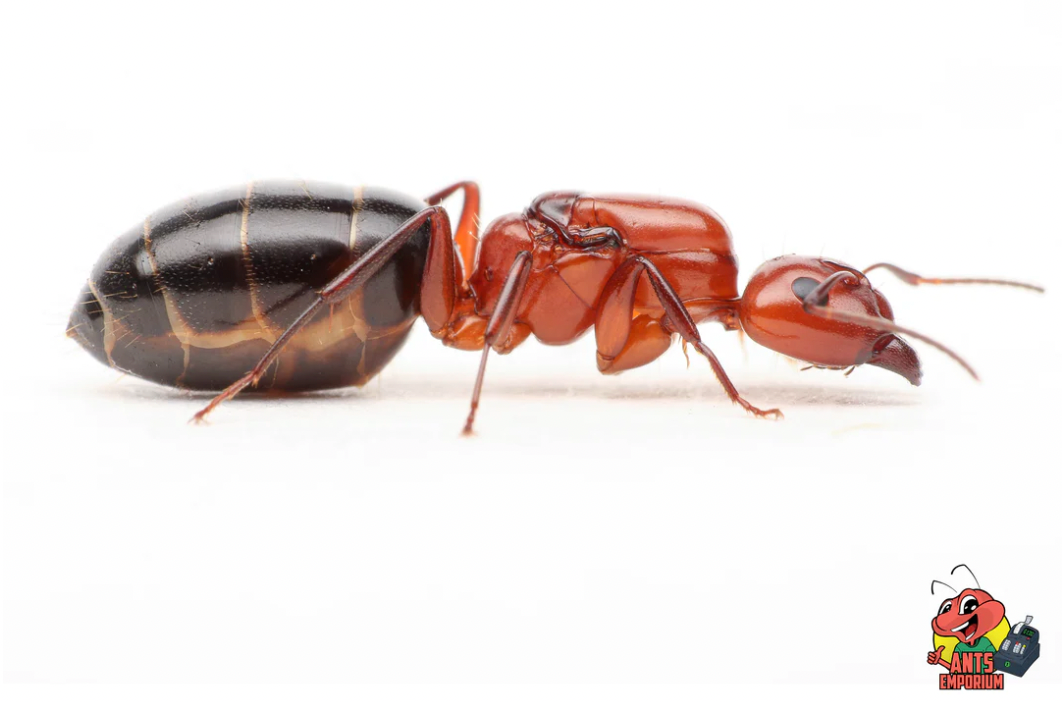
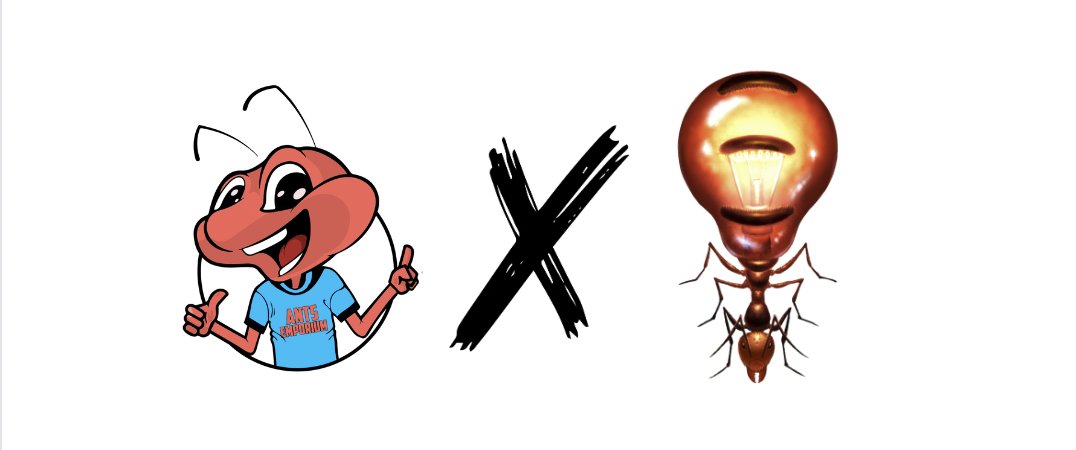
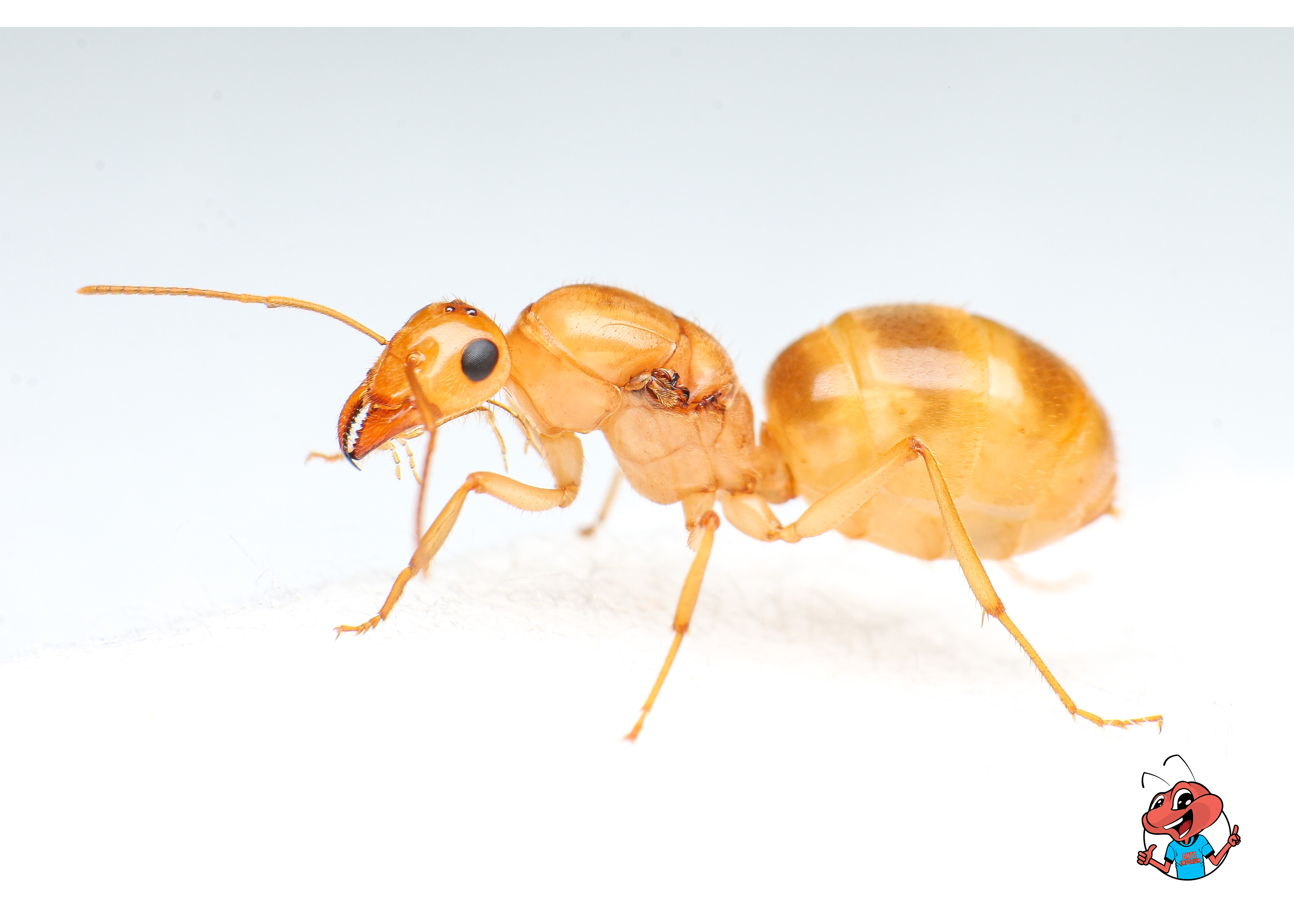
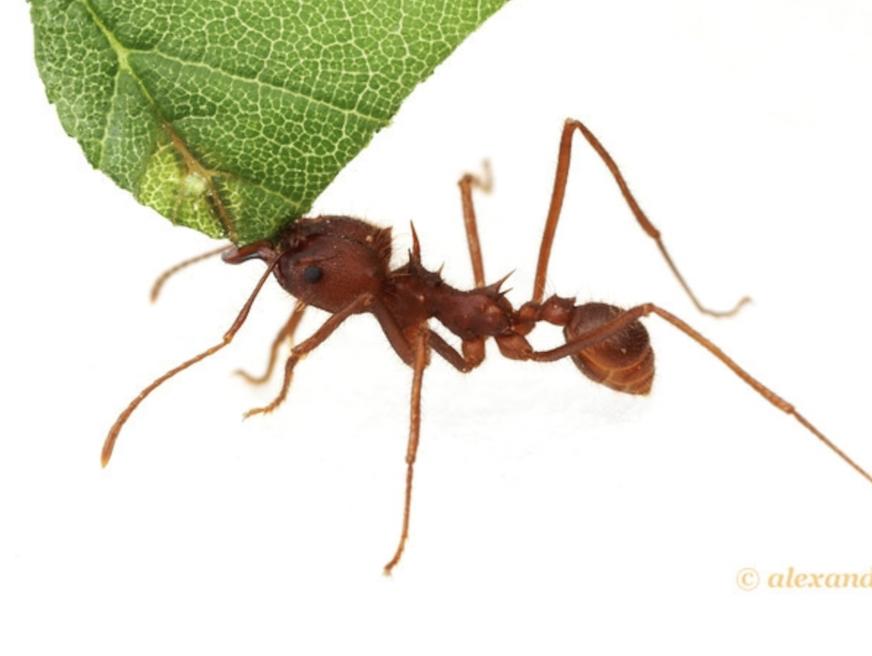
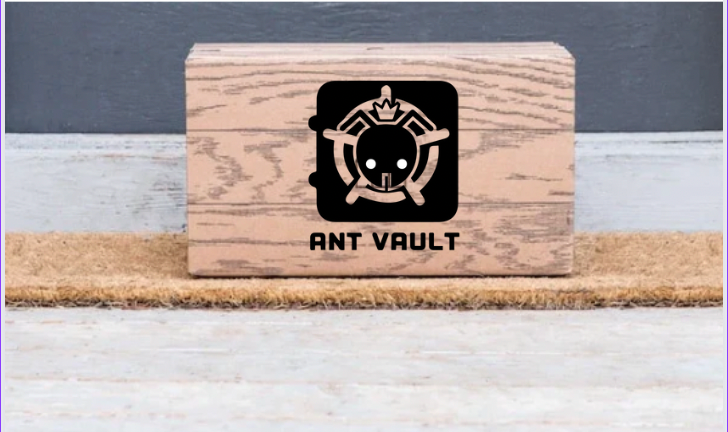


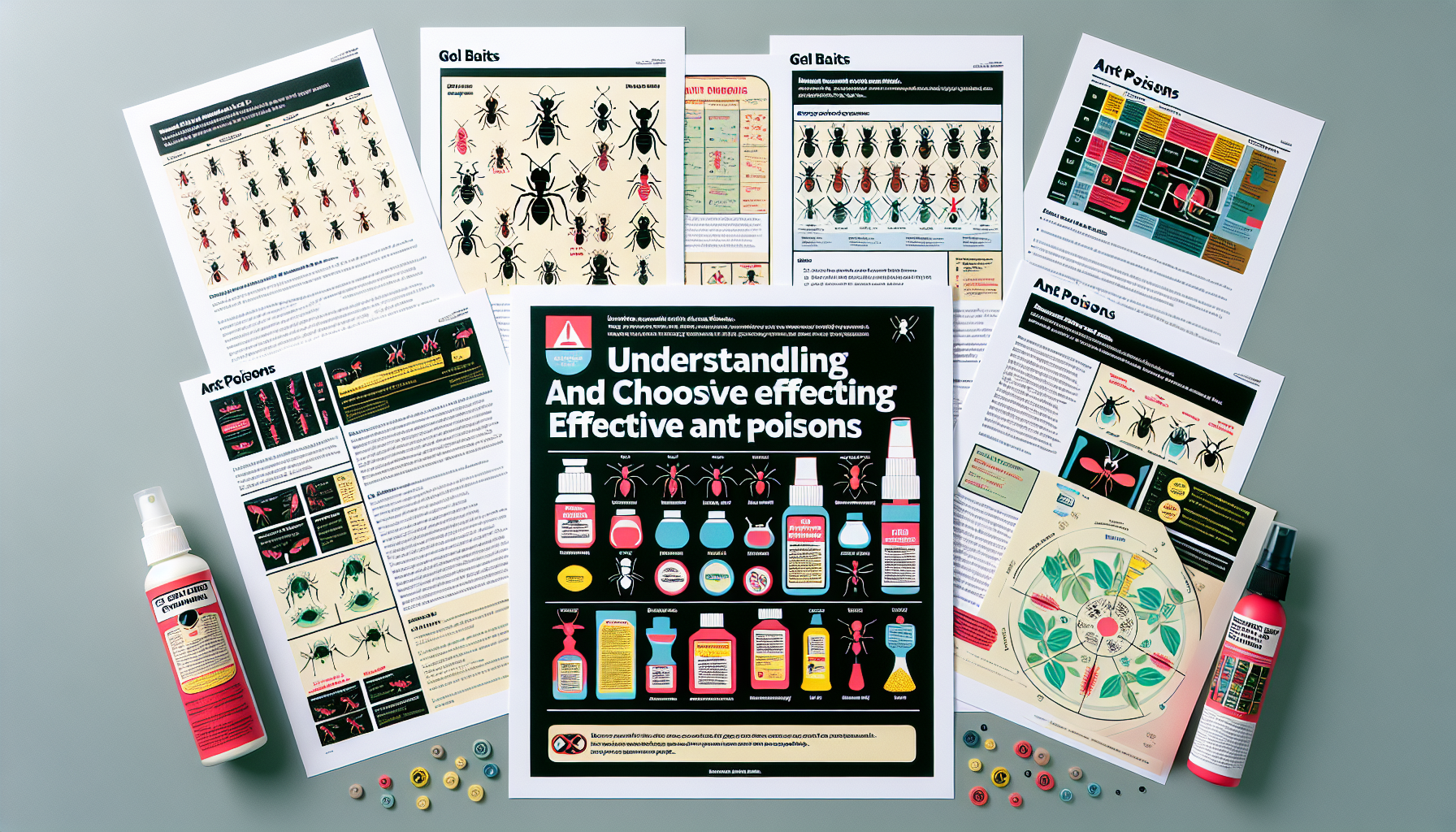
Leave a comment